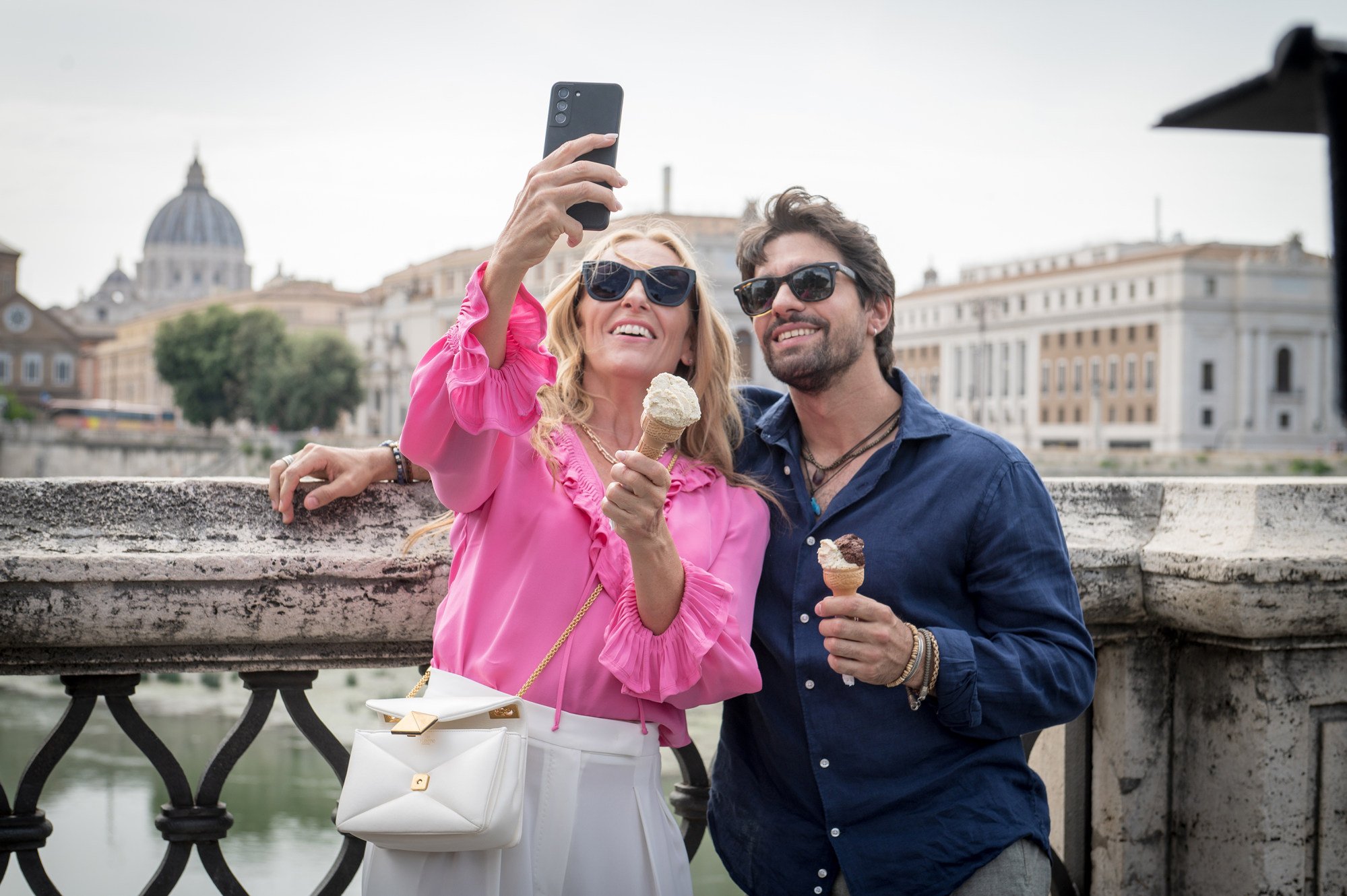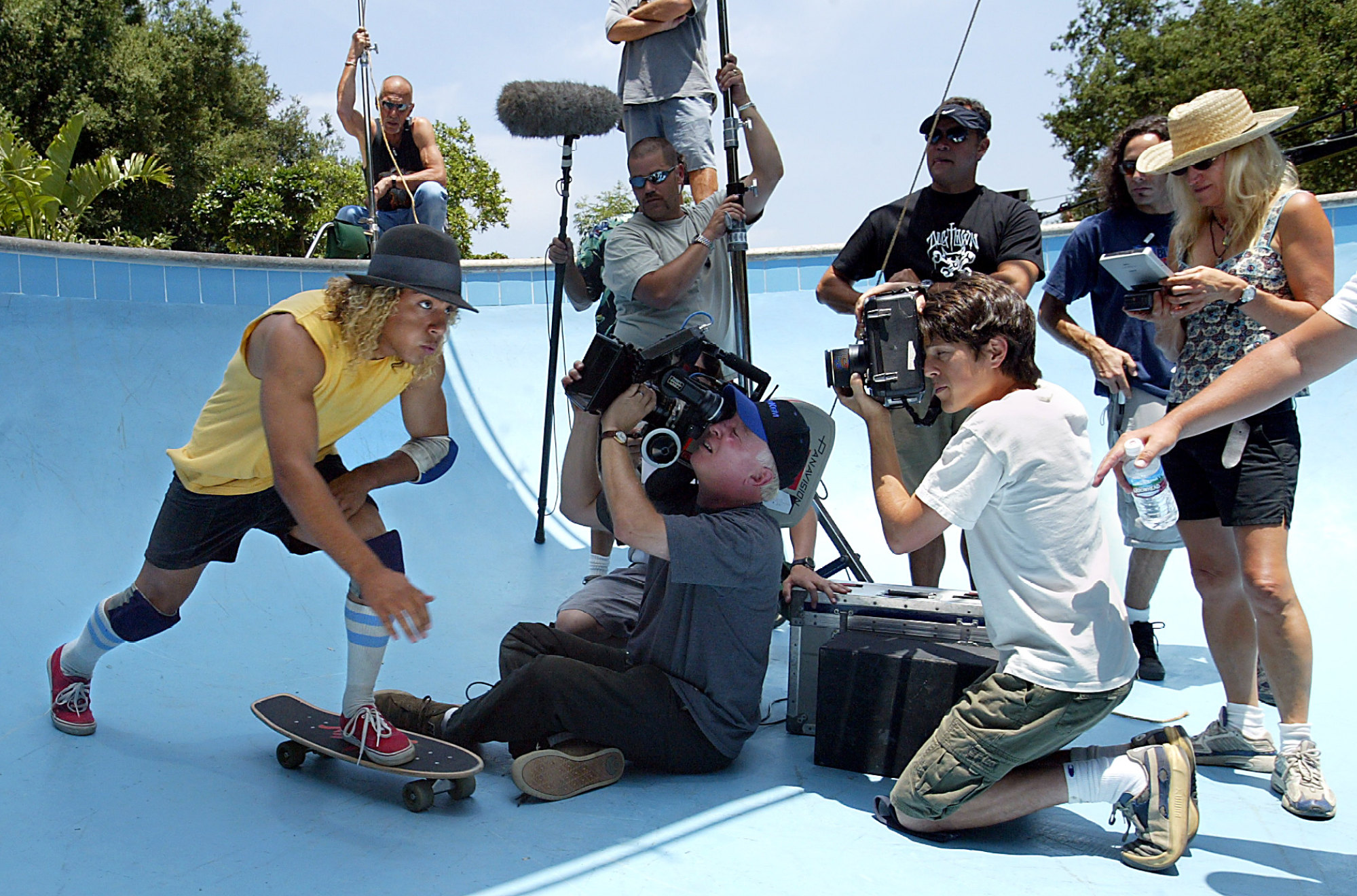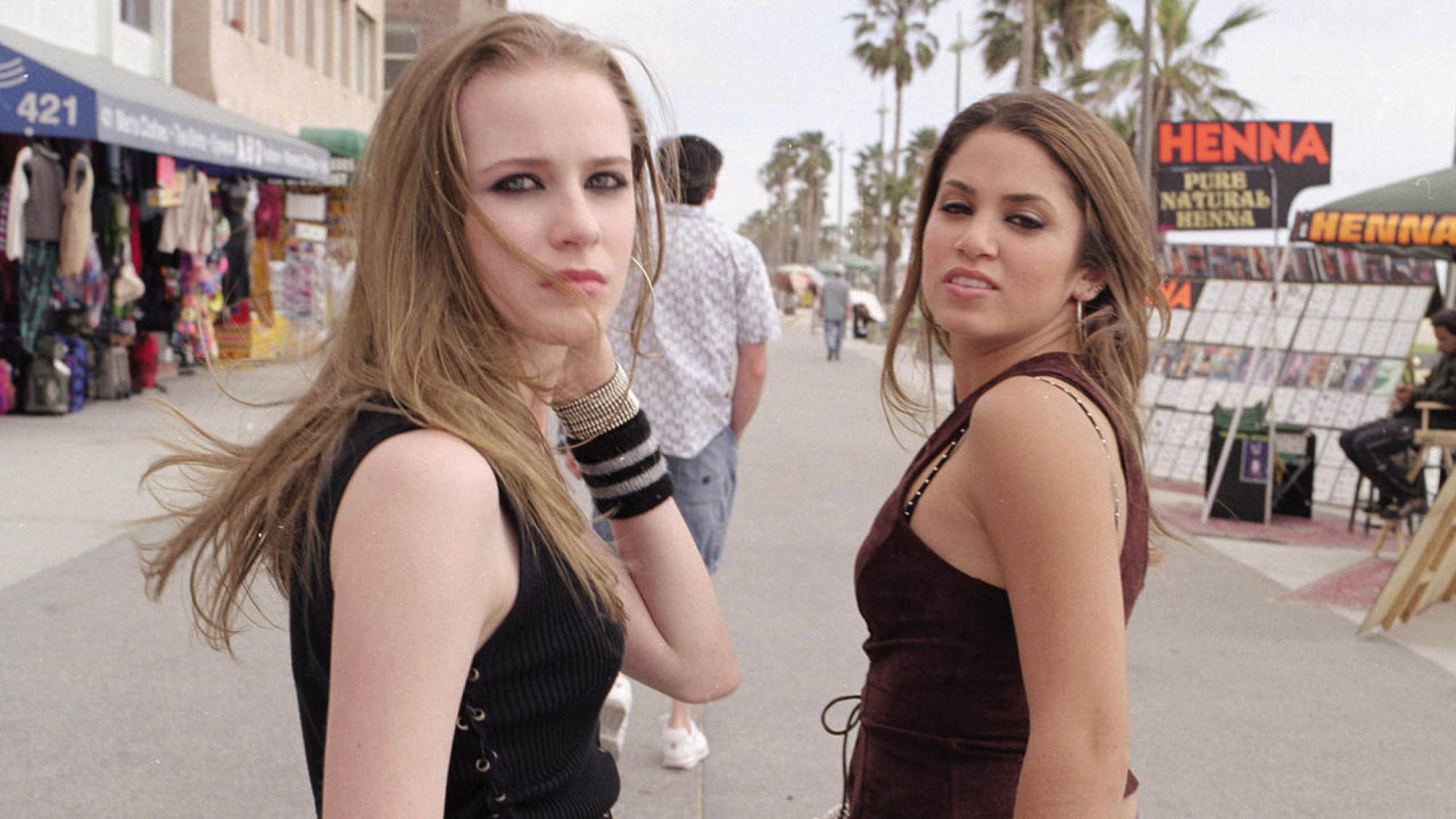
Catherine Hardwicke on the Twilight film franchise she launched and which men took over, and new film Mafia Mamma
- Catherine Hardwicke directed Twilight, launching a huge, moneymaking young adult franchise, but wasn’t asked to make any of the follow-ups
- Her latest film, Mafia Mamma, follows the tribulations of a woman who becomes head of a mafia family. Hardwicke sees echoes of her own experiences in Hollywood
Catherine Hardwicke’s latest movie, Mafia Mamma, is a comedic fantasy about a smart, talented, too-long underestimated American woman, played by Toni Collette, who suddenly becomes the head of an Italian gangster family.
The film’s larger theme is something of a message from Hardwicke to Hollywood.
“Of course, I could relate to the message of a woman not being as respected as we want to be in our jobs. She’s been people-pleasing all her life when she starts realising, ‘I’m going to give the orders – that’s an order.’ I loved that arc.”
It’s an arc she understands very well.

Twenty years ago Hardwicke, then a production designer, co-wrote and directed Thirteen, a shockingly frank look at a girl’s troubled entrance into adolescence and a mother’s despair as she watches her daughter turn into someone she does not understand.
Written with the then-14-year-old Nikki Reed, who also starred alongside Evan Rachel Wood and Holly Hunter, Thirteen debuted at Sundance, where Hardwicke won the directing award for drama.
The film’s depiction of sex and drug use made it the subject of as much controversy as critical acclaim. Hunter received an Oscar nomination for her performance, and Hardwicke entered the then-tiny pantheon of female directors to watch.
Her second film, Lords of Dogtown, based on the documentary Dogtown and Z-Boys and starring a young Heath Ledger, solidified her fame as a creative teller of real-life tales. Hardwicke thought she had established a career path.
“The mindset closest to my heart was making underdog stories – gritty, fully immersive true-life stories – and I thought I would keep getting to do that,” Hardwicke says.
“But you don’t always get to do what you want in Hollywood.”
What she did instead was Twilight, the film adaptation of the popular Stephenie Meyer book, back when young adult fiction was not something Hollywood valued.

Then, after her film became a blockbuster and launched an entire franchise, she shocked the industry by declining to direct any of the subsequent films.
Because, she thought, having proved herself a moneymaker, she would be able to get back to her own projects.
“The first book is the one I really liked,” she says. “It inspired me to create this ecstatic feeling people feel when reading the book. The next book didn’t really have it; I wasn’t inspired,” she adds, laughing ruefully.
“I was naive. I thought ‘Hey man, I just made 400 or 500 million dollars; I’ll be able to make what I want.’ But that’s not how it turned out.”
Although Twilight briefly put her in a category all by herself – a female director who launched a film franchise – being a poster child for possibility did not profit Hardwicke, or female directors, very much.

“People love to say ‘a woman directed it’, but that’s because no one thought the book was that popular. Every studio turned it down. I got to direct it because no one thought it would make money, and when it did, all the rest of them went to men – the rest of Twilight, The Hunger Games, Divergent, all that model went to male directors.”
Would she have liked to have worked on The Hunger Games? “That would have been amazing,” she says. “I would have loved that.”
Meanwhile, Hardwicke has amassed a trove of non-approved projects.
“I call them ‘ghosts in the garage’,” she says. “All sorts of projects that I did research for – scouting locations, storyboards, budgets, everything, but then I never got greenlit.
“I remember going to a Stanley Kubrick exhibit at LACMA, and they had a whole room devoted to all his research on the [as-yet never made] Napoleon movie, and I thought ‘OK, even Stanley Kubrick couldn’t get his passion project made; maybe I’m not such a big loser.’”

“We all try to get these passion projects made,” she continues, “and sometimes people send you something and you think, ‘Can I put enough of my heart in this to live with it for a year and a half?’”
Increasingly, some of those projects have been in television. In 2020, Hardwicke did a series for the ill-fated streaming service Quibi; Don’t Look Deeper follows a young woman as she discovers she is AI. “Very much in my wheelhouse,” Hardwicke says, “and it was great fun being in charge of a series”.
Unfortunately, Quibi, a platform built on short form stories that people could watch only on their phone, folded as the Covid-19 pandemic sent people back to their homes and televisions. “I wish it had worked out,” she says, adding, “you can see it on Roku now”.
More recently, she directed an episode for the anthology series Guillermo del Toro’s Cabinet of Curiosities. “Guillermo just called me out of the blue; I didn’t even know him,” she says.
“That was a nice little treat. Nice Netflix money so I could have beautiful production design and costume design. I thought the chance to learn from him, his creature designs – why would I say no?”

The rise of television and streaming has opened many doors for female directors, she says, in large part because, when various studies revealed an utter lack of gender parity, those platforms took it seriously.
“They made a big effort to have a better balance of women directors, so that’s fantastic,” she says. “But those directors don’t have much power; the producers have the power. So directors can have shows and experience under their belts, but it’s not quite the same as creating your own project.”
When she is not promoting her latest movie, Hardwicke is following the TikTok fandom that’s sprung up around her previous work. “Twilight TikTok is insane,” she says, “but Thirteen has found a whole new audience”.
That film, she says, is proof that the algorithm-led projections of what people like will never serve Hollywood well.
“Thirteen was one of those films the audience could have never said it wanted. You could have never predicted it, and those are the breakthrough films.”
The ones that linger like ghosts in some filmmaker’s garage until someone has the foresight to say “go”.

